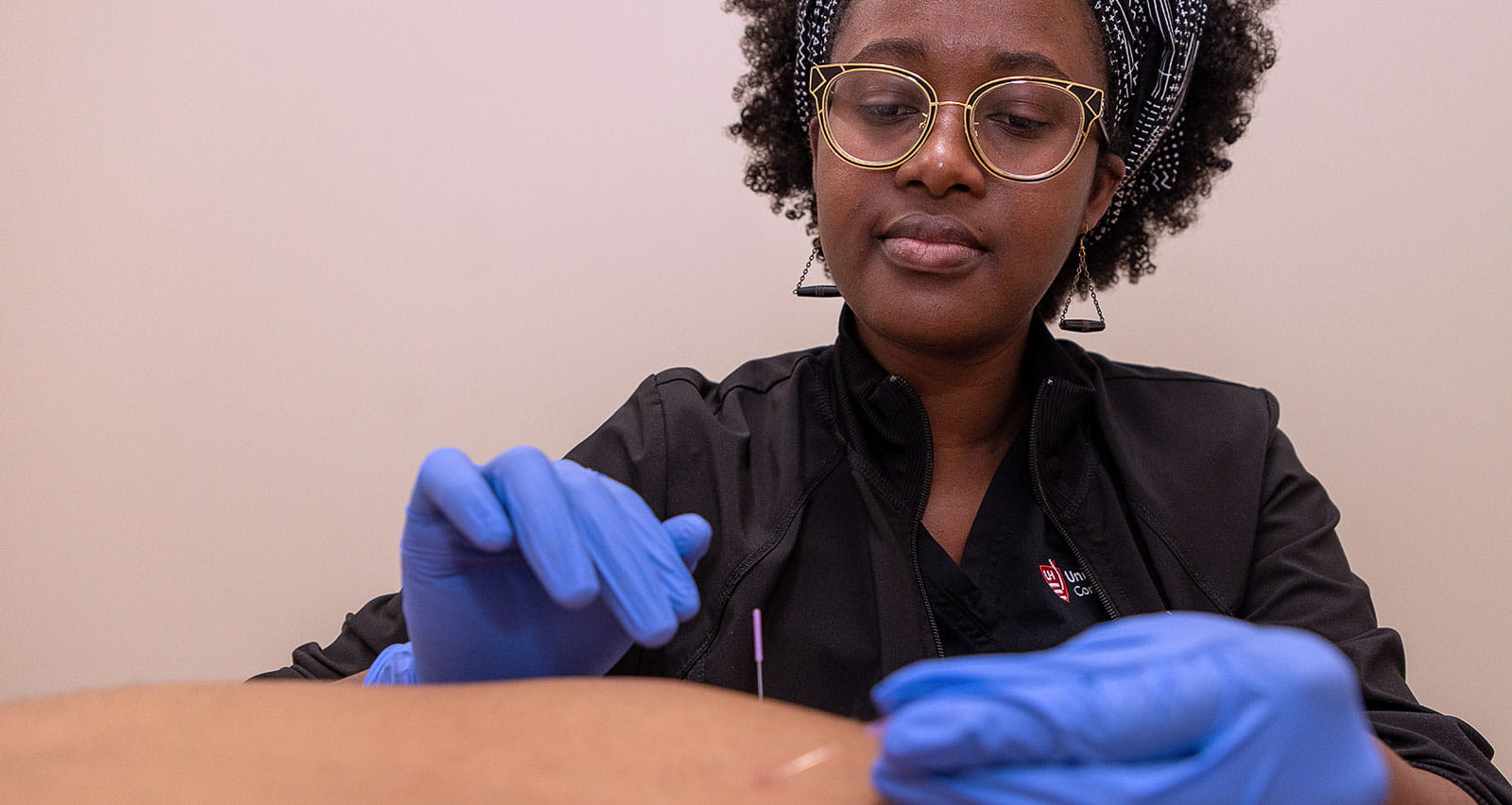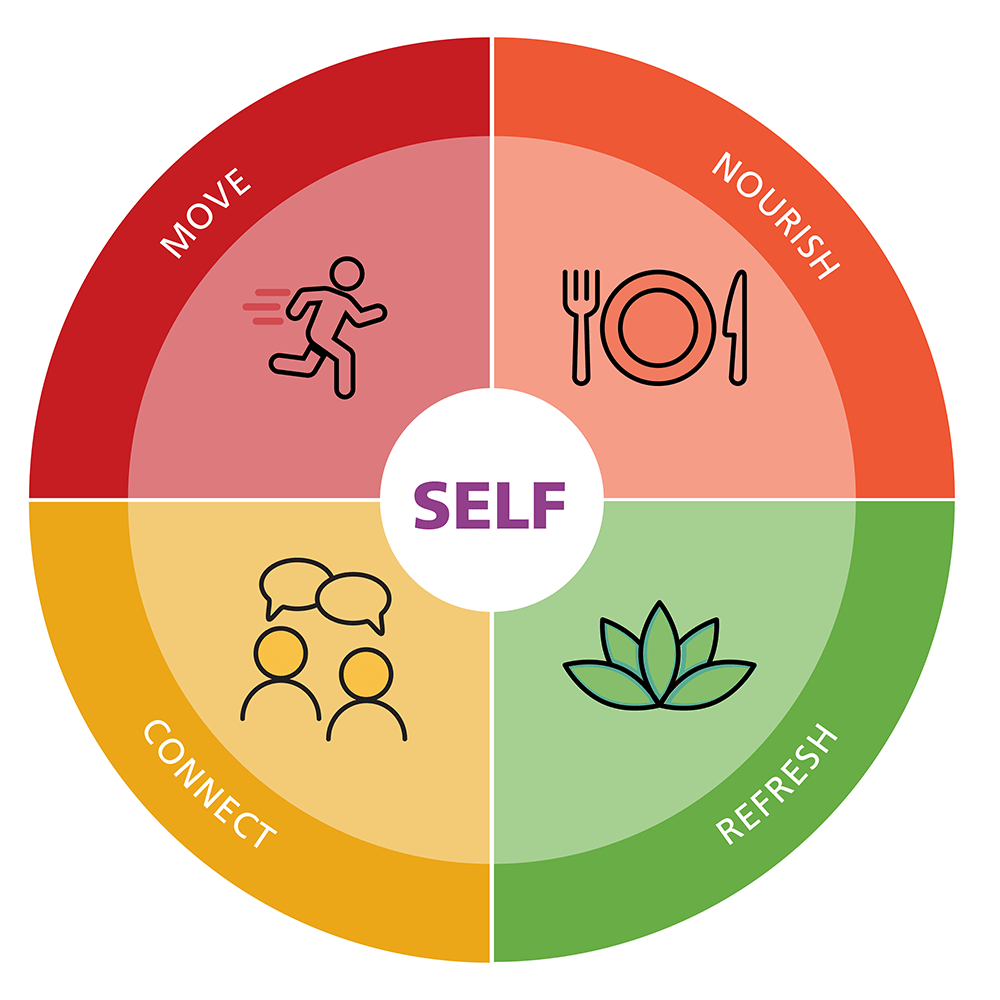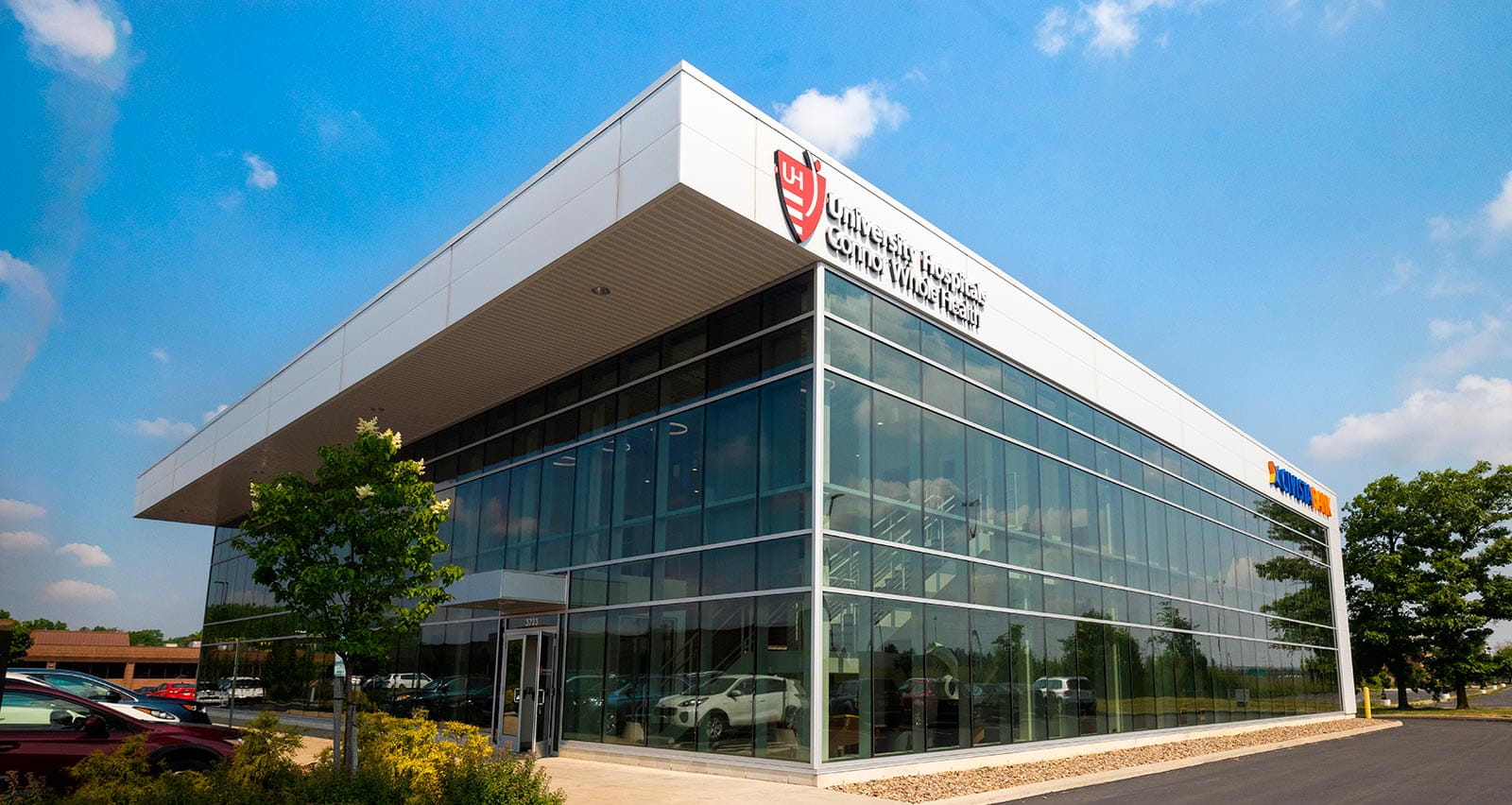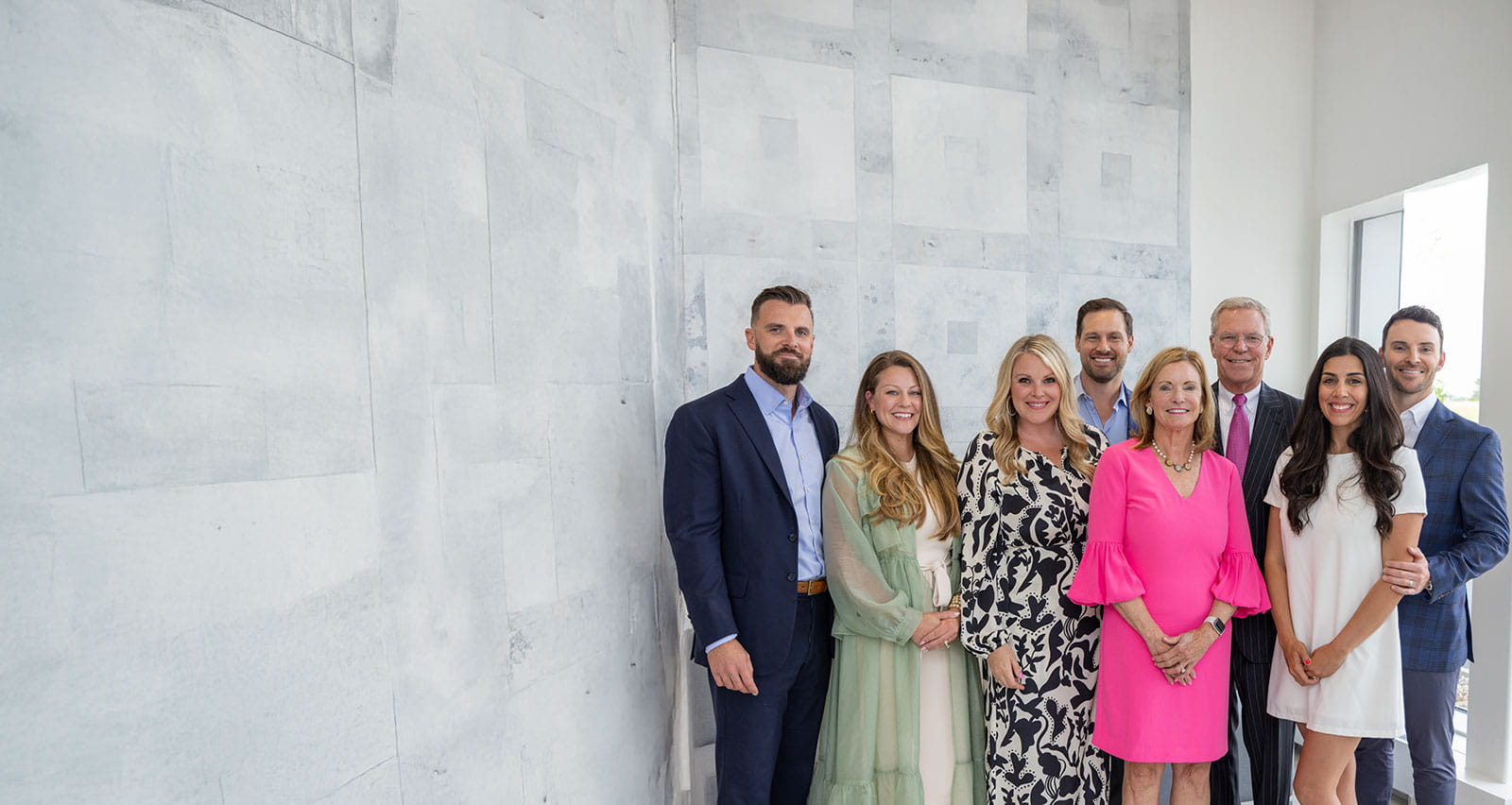
A Whole Health Approach to Feel Your Best
UH Connor Whole Health empowers and equips people to take charge of their physical, mental and spiritual health to live a full and meaningful life. As part of your healthcare team, our credentialed experts use evidence-based therapies and lifestyle approaches to help you achieve optimal health and healing.
Make an Appointment
Take charge of your physical, mental and spiritual health at UH Connor Whole Health.
Call us: 216-285-4070
What Is Whole Health?
Whole health is an approach to healthcare that takes the full human experience into consideration – including biological, behavioral, social, spiritual and environmental dimensions – to optimize health, healing and well-being. In focusing on the whole person – not just separate organs or body systems – whole health addresses multiple factors that promote either health or disease. Instead of just treating specific illnesses, whole health emphasizes restoring health, fostering resilience and preventing illness across a person’s lifespan.
A Whole Health Approach

A whole health approach begins by understanding what is most important to you. Our team will support you in making positive changes in one or more of the following lifestyle areas:
- Move: Physical activity for strength, flexibility and balance.
- Nourish: Healthy food choices to fuel mind and body.
- Connect: Relationships with friends, family and community.
- Refresh:Quality sleep, relaxation and spirituality.
We will work together to create a personalized plan that meets your needs and goals, giving special consideration to how your surroundings – including the physical environment in which you live and the communities with which you connect – affect your overall health and well-being.
Featured Services
Acupuncture
Chiropractic
Health Coaching
Lifestyle Medicine Consultations
Integrative Oncology
Massage Therapy
Well-Being Classes
Pediatric Integrative Medicine

Our Locations
From the UH Connor Whole Health main facility in Beachwood to locations in the community and virtual health coaching options, there is a Connor Whole Health location near you.
See LocationsWays to Get Involved
Donate
“Words cannot begin to explain the gratitude I feel for this organization. Integrative medicine has changed my life when no one else could. This is the future of medicine.”
– UH Connor Whole Health patient
Donors play a crucial role in our continued success in bringing hope and healing to our patients and their families.

The Connor Family Story
Chris and Sara Connor greatly value the restorative power of integrative medicine, a practice that focuses on the whole person and emphasizes the partnership between practitioner and patient to promote optimal health and healing.
Learn More




